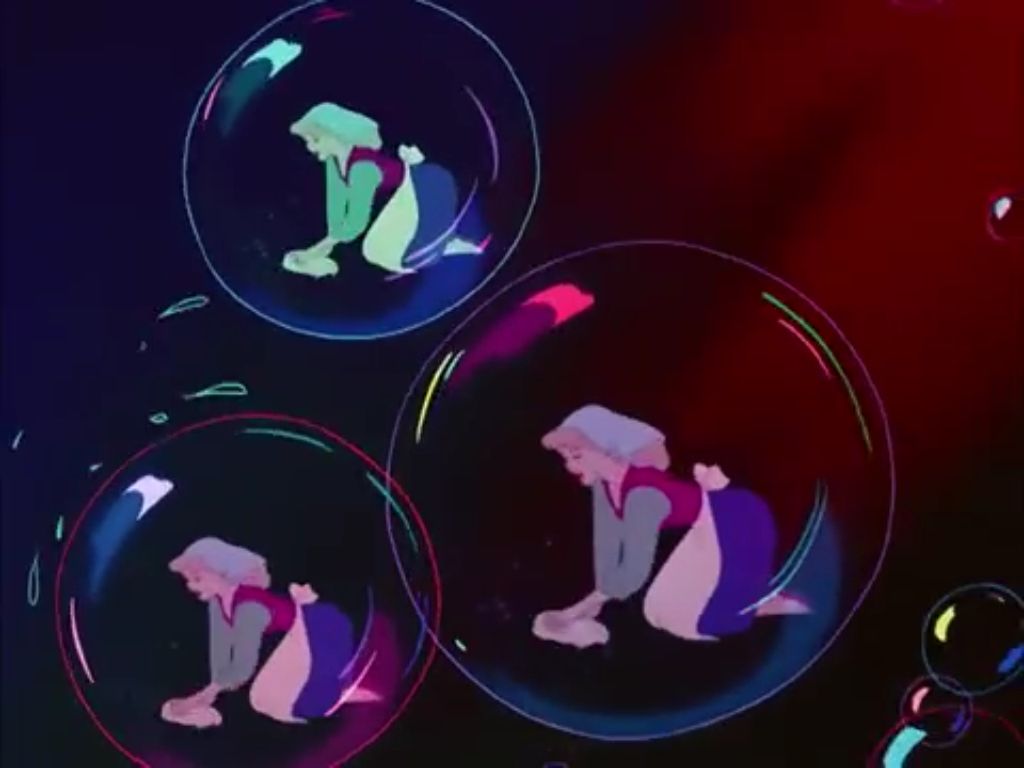“Quarantine Bubbles” May Be the Key to Coping With Lockdown

I’m going to make a confession to you. Last Sunday I had dinner with my parents. The day before, I dyed and cut hair for my mother-in-law. I know, so many of the warnings about the spread of COVID-19 discourage you from seeing other people, but I did it. And not only was this probably safe, but it’s also part of something that’s been essential to staying sane through all of this. Because my local family has done what many small groups are doing and formed a “quarantine bubble.”
A quarantine bubble is sort of like a committed relationship, only it’s between groups of people, not individuals. The concept is simple. You commit to continue social distancing and taking the precautions but interact with a set group of people who are doing the same. This group stays stable and probably doesn’t get bigger than 10, and you only see these people. It’s strict, but it does allow you to see people if you’re all willing to commit and be careful.
For my family, after we all completely isolated for two weeks or more, enough to feel that we were safe and not carrying anything, we made some safely distanced contact before having a meal together. Since then we’ve been able to interact in this small group in various configurations. Perhaps most importantly, our bubble contains my daughter, who is not in school, and some family members have been able to offer limited childcare. It’s meant so much to give my kid and ourselves changes of scenery, breaks, and other interactions.
Zoom calls and virtual hangouts are great, but there really is nothing that compares to being with the people you love. And I say this as a major introvert who avoids humans much of the time. Seeing my family during all of this has been a lifesaver.
The idea of forming this kind of bubble is a way of balancing the possibility of infection with the stress of isolation. It is a balance that needs to be managed, and small groups are the best way to do it. For many people, complete isolation is not an option or will be seriously detrimental to their mental health. In that case, a small, controlled group the remains isolated unto themselves is the next best choice. Studies even back this up.
And I understand that this is not feasible for all people. I’m very lucky to live close to family and in an area where the outbreaks have not been as bad as other parts of the country. And all of us in the bubble either work from home or are retired, which makes a huge difference in our ability to otherwise isolate. For others, the anxiety of exposing others or being exposed to a group, even a small, consistent one, is too much and they would rather just isolate. Creating a “quarantine pod” is a personal decision.
But if you are feeling extremely isolated and know other people, or couples, that are also feeling that way, becoming a pod person might be a good choice. It’s a temporary solution that could help you make it longer through lockdown without cracking entirely. At this point, with the threat of COVID-19 still out there, I’m not sure when we’ll start seeing friends casually again, but as long as we can keep things lively in our little bubble, I feel like we’ll be okay.
There is no single right way to get through this (though there are a lot of wrong ways, like endangering others by refusing to wear masks in public or to establishments that require them). At this point, months into a pandemic, we’re all adjusting and finding strategies to cope with things for the long haul. For me and my family, a small quarantine bubble is what’s working. The most important thing is to be safe and find what works for you.
(via Slate, image: Disney)
Want more stories like this? Become a subscriber and support the site!
—The Mary Sue has a strict comment policy that forbids, but is not limited to, personal insults toward anyone, hate speech, and trolling.—
Have a tip we should know? tips@themarysue.com